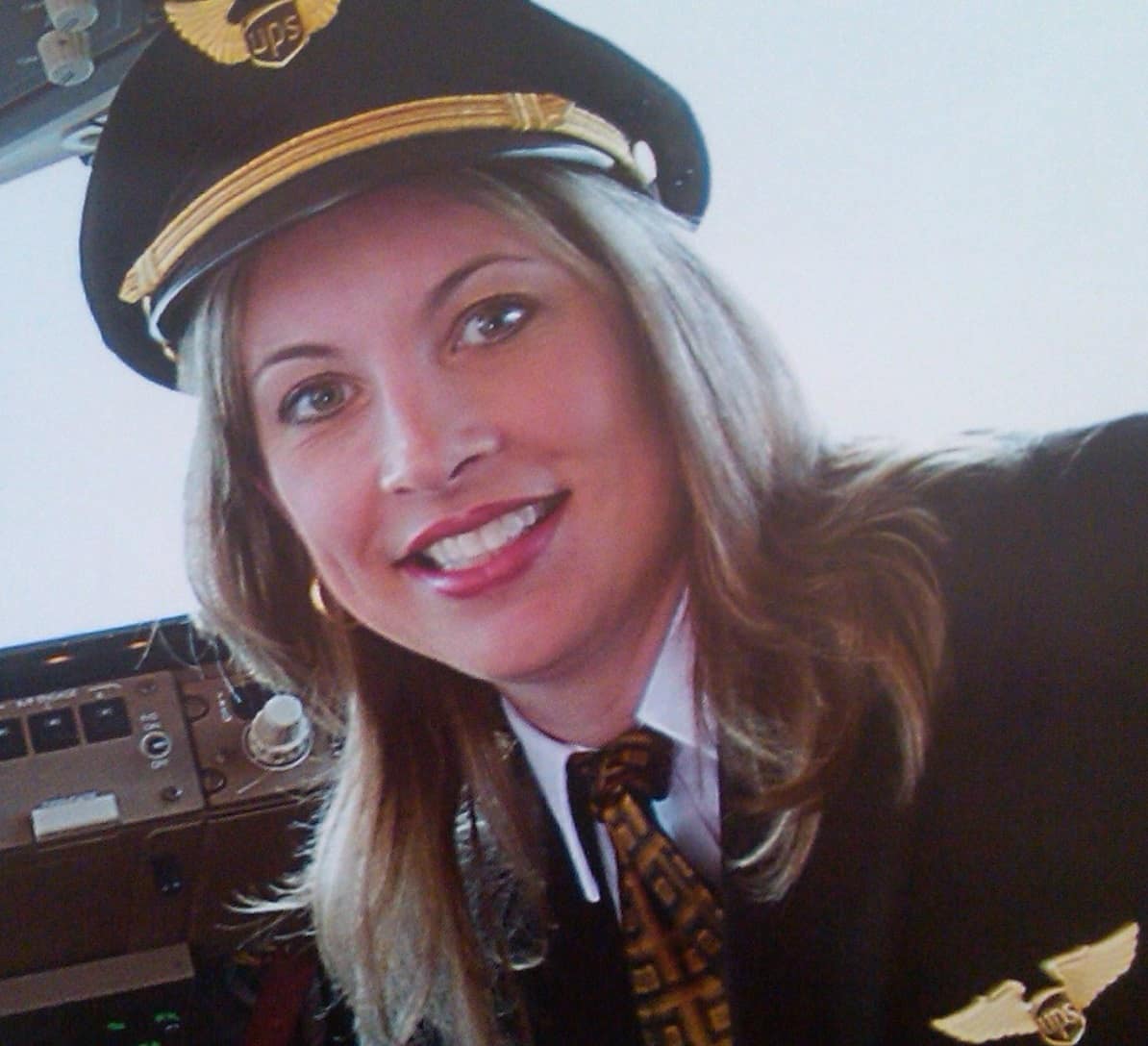Research Assesses Carbon Dioxide Levels and Pilot Performance

Embry-Riddle Worldwide Professor Deborah Donnelly-McLay, a United Parcel Service 767 pilot, co-authored a peer-reviewed study, with Harvard University researchers, showing how pilot performance is affected by specific carbon dioxide levels on the flight deck.
The study found that “commercial airline pilots were significantly better at performing advanced maneuvers in a flight simulator when carbon dioxide (CO2) levels on the flight deck (cockpit) were 700 parts per million (ppm) and 1500 ppm than when they were 2500 ppm,” the Harvard T.H. Chan School of Public Health reported.
Typically, CO2 levels on the flight deck are about 800 ppm, but levels have been measured as high as 2000 ppm and even higher in the cabin during the boarding process, depending on the type of aircraft and other factors, researchers said.
For the study, 30 active commercial airline pilots were recruited to fly three 3-hour flight segments in an FAA-approved A320 flight simulator, with each segment set at a different CO2 concentration level (700, 1500 or 2500 ppm).
According to Harvard: “The findings showed that the pilots were 69 percent more likely to receive a passing grade on a maneuver when CO2 levels were 700 ppm compared with 2,500 ppm. When CO2 levels were 1,500 ppm, the pilots were 52 percent more likely to successfully perform a maneuver than when CO2 levels were 2,500 ppm. When the researchers compared the difference in pilot performance at 700 ppm and 1,500 ppm, the difference was not statistically significant, but they did find that pilots were more likely to successfully perform some of the most difficult maneuvers at the lower CO2 level.”
Lead researcher Joseph Allen of Harvard told The Points Guy, “What we’re learning is that air quality in the flight deck has to be part of the conversation when we’re talking about pilot performance.”
Pilot Deborah Donnelly-McLay, a professor of aeronautical science at Embry-Riddle’s Worldwide Campus and at Everglades University, said: “The pilot environment has been relatively underserved … More education and research is needed, but maybe this [study] can help pilots’ performances and make changes down the road.”
The study, entitled “Airplane pilot flight performance on 21 maneuvers in a flight simulator under varying carbon dioxide concentrations,” was published online on Aug. 8, 2018 in the Journal of Exposure Science & Environmental Epidemiology.

 Ginger Pinholster
Ginger Pinholster